-
0
Your Cart is empty
- Rolex
- Discover Watches
- Shop Watches
-
Brands
top brands
Rolex CHOPARD BREITLING Hublot Grand Seiko Omega Longines Mont Blanc VERSACE TISSOT TagHeuer
Rado
MOVADO
SKAGEN
Roamer
RENE MOURIS
Guess Collection
Michael Kors
ARMANI EXCHANGE
Guess
Alba
SWAROVSKI
Bering
OBAKU
GARMIN
VICTORINOX
FOSSIL
SEIKO
BALMAIN
TagHeuer
Rado
MOVADO
SKAGEN
Roamer
RENE MOURIS
Guess Collection
Michael Kors
ARMANI EXCHANGE
Guess
Alba
SWAROVSKI
Bering
OBAKU
GARMIN
VICTORINOX
FOSSIL
SEIKO
BALMAIN
 Titan
FITBIT
Timex
CASIO
Alexandre Christe
Citizen
Amazfit
Anne Klein
Tommy Hilfiger
Titan
FITBIT
Timex
CASIO
Alexandre Christe
Citizen
Amazfit
Anne Klein
Tommy Hilfiger
- Add On
- Our World
- Offers





After Sale Services
Our establishment is recognized and authorized by these prestigious brands to provide genuine products, ensuring customers have access to authentic timepieces with the assurance of quality and warranty.
With a deep understanding of the intricate mechanisms and delicate components of luxury timepieces, our technicians ensure precision in every aspect of maintenance, repair, and servicing.
Whether it's restoring a vintage timepiece or reviving a sentimental heirloom, our experts undertake meticulous processes to refurbish and enhance the aesthetic and functional aspects of each watch.
Our technicians thoroughly test watches, checking waterproofing, assessing the consumption of the mechanism, and providing customers with detailed advice.

As part of our watch servicing, we undertake cleaning and buffing to restore the original luster and appearance of the timepiece.
Post-servicing, we meticulously check the accuracy of the timekeeping in each watch.
Our one-to-one contact approach ensures that each customer receives individualized attention, with our staff dedicated to understanding their specific needs and preferences.
Our commitment doesn’t end with the servicing; we provide robust post-service support. This means that customers can rely on us for any issues or queries even after they have received their serviced watches, reinforcing our dedication to long-term customer satisfaction.








Services
REASSURANCE
Curator
Our Journal
Locations
Boutique Locator
Legacy
Global Partners

Help us serve you better

Authentic
genuine brand

CTP Promise

Quick Service
Join Our Newsletter
Be the first to hear about new trending offers and see how you’ve helped















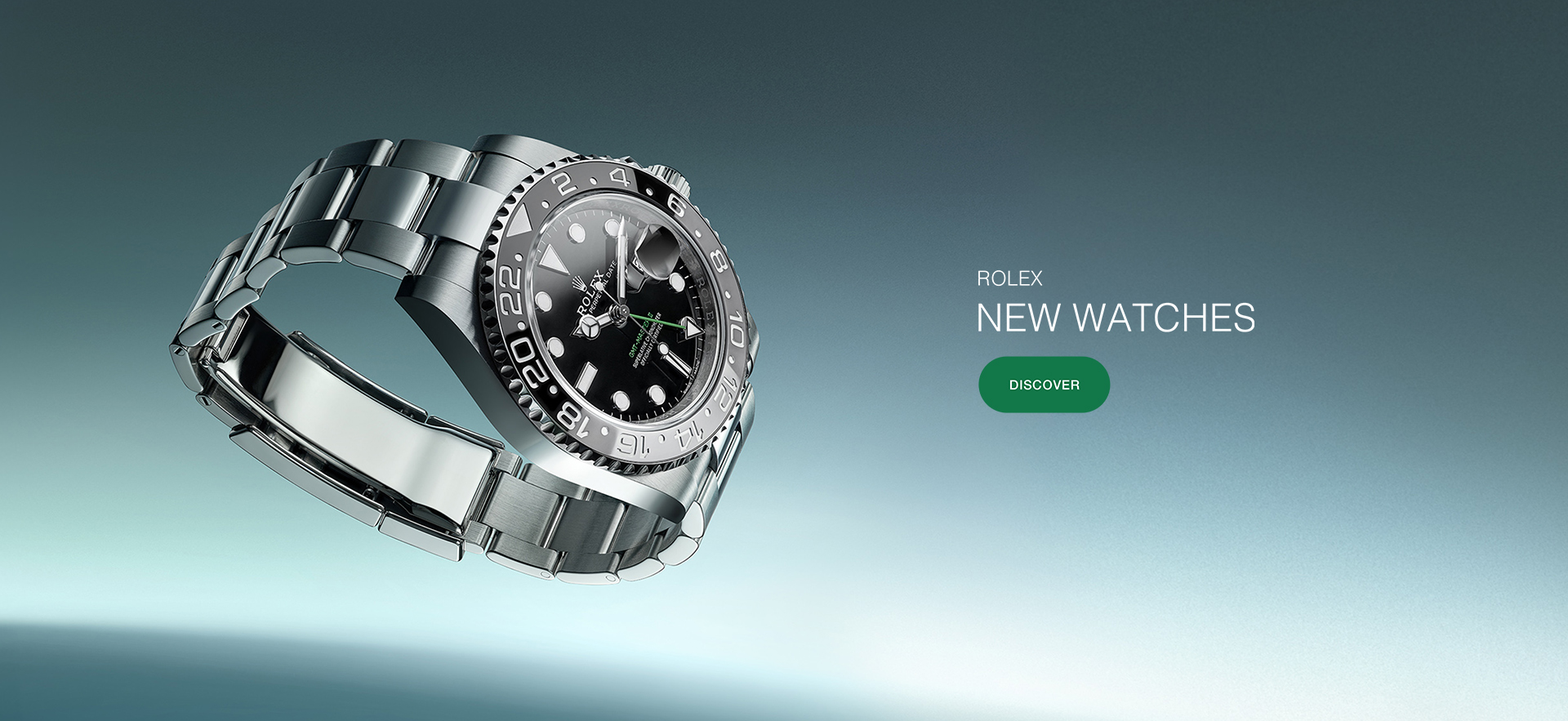
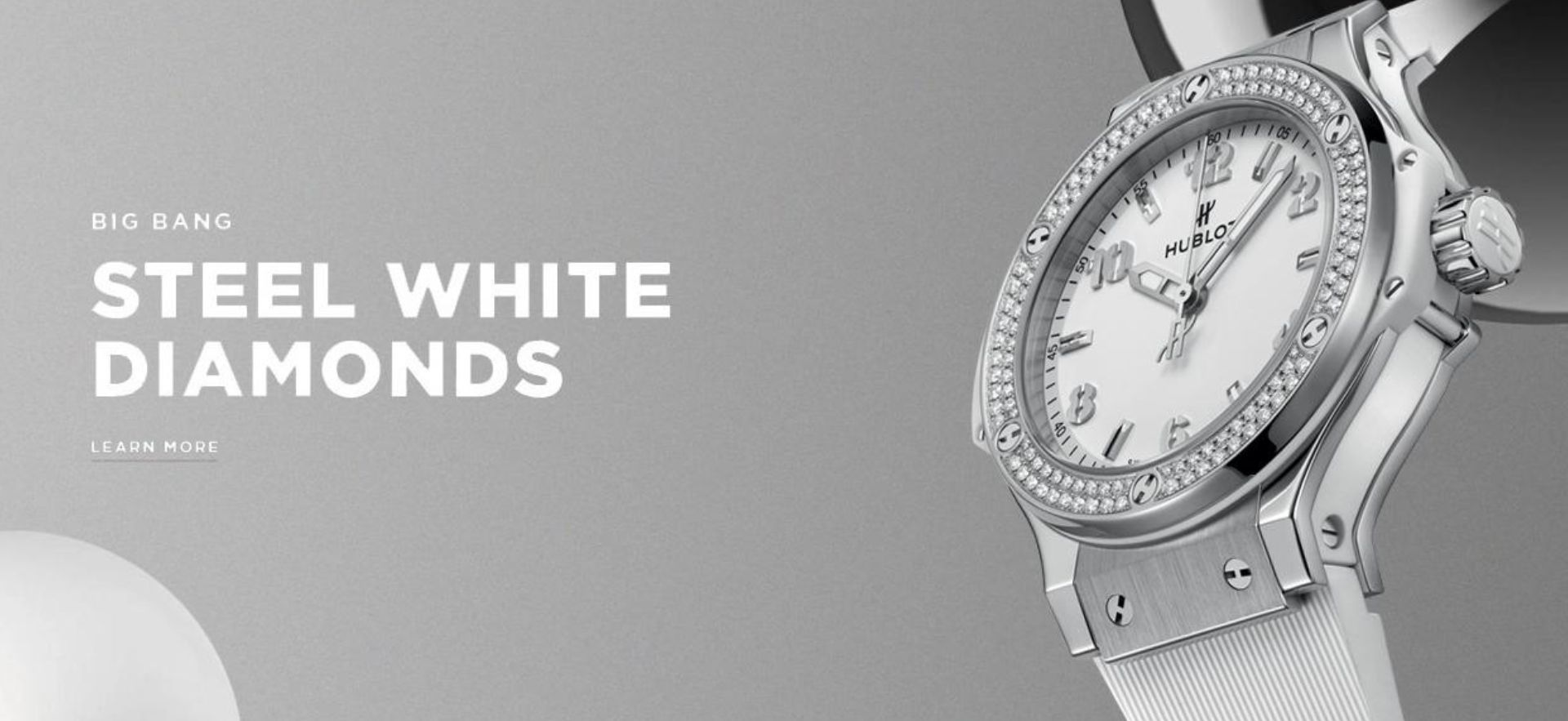
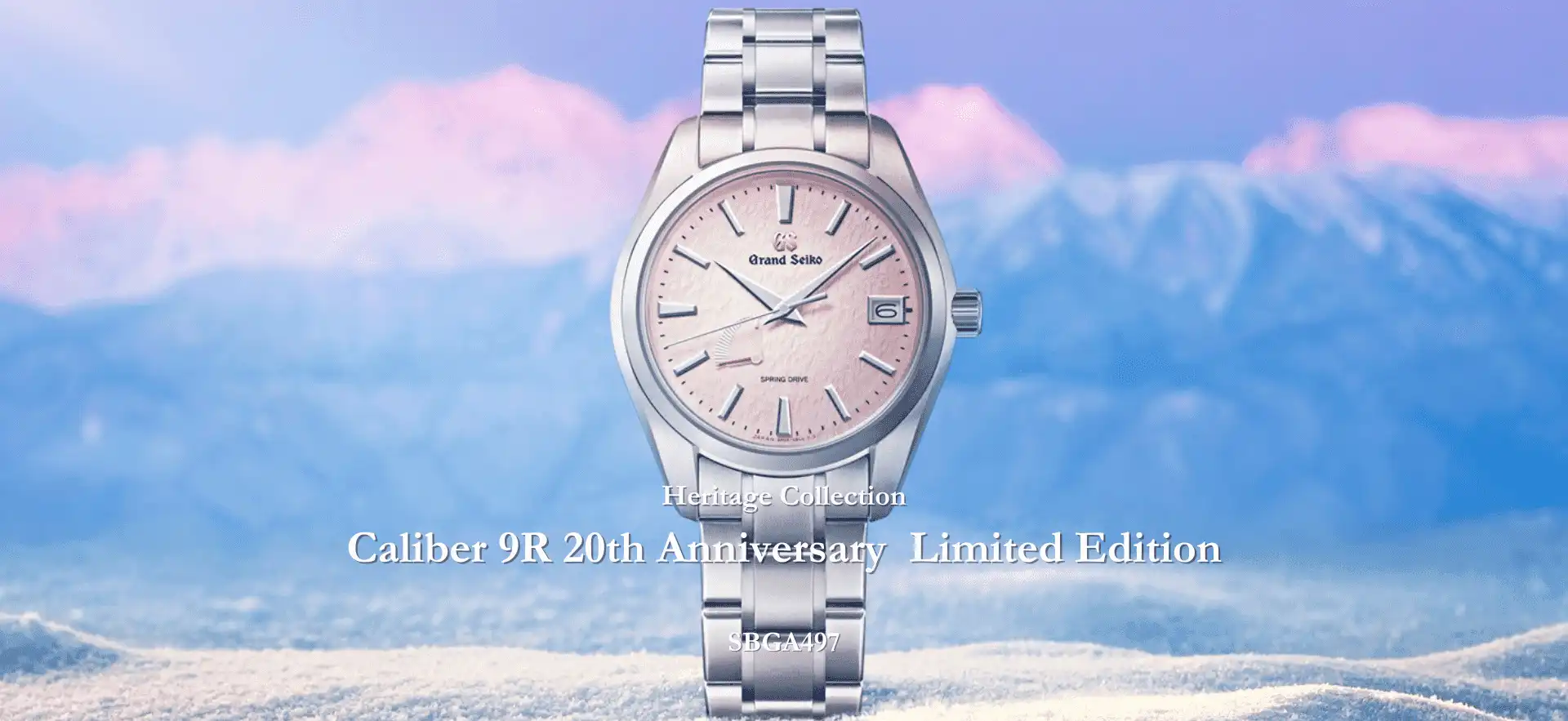
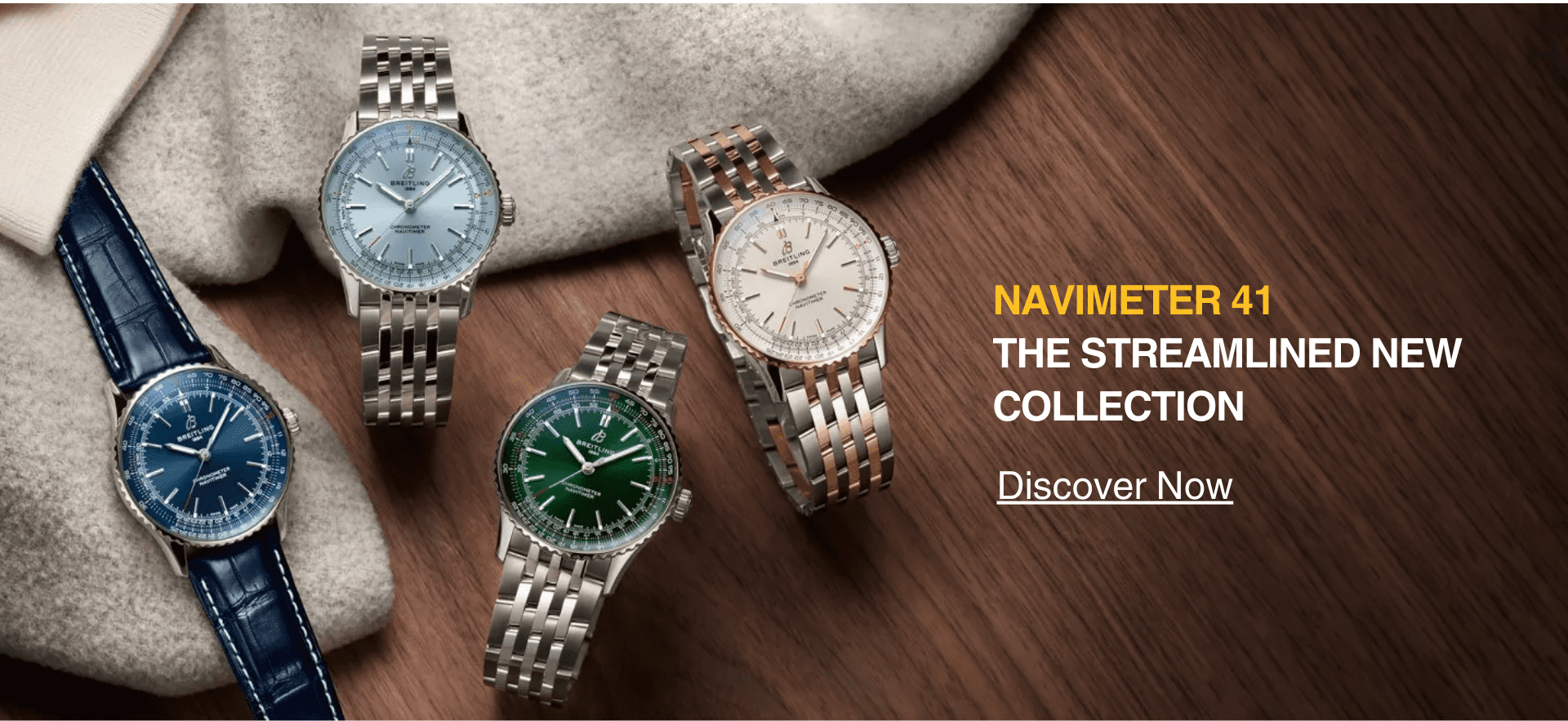

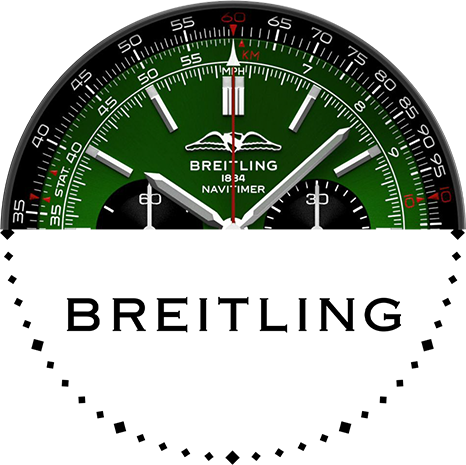
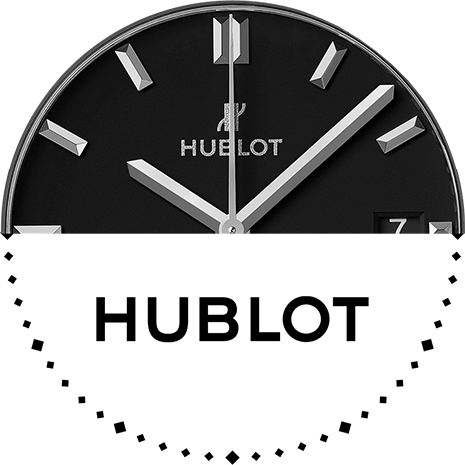
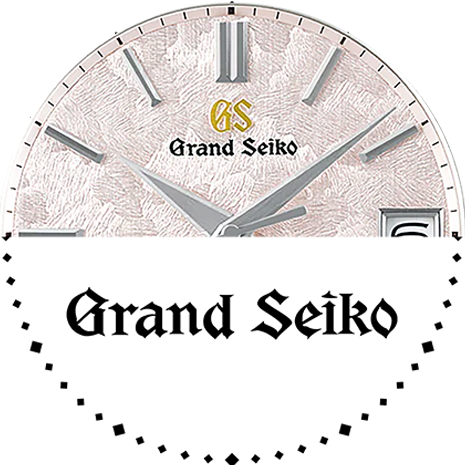
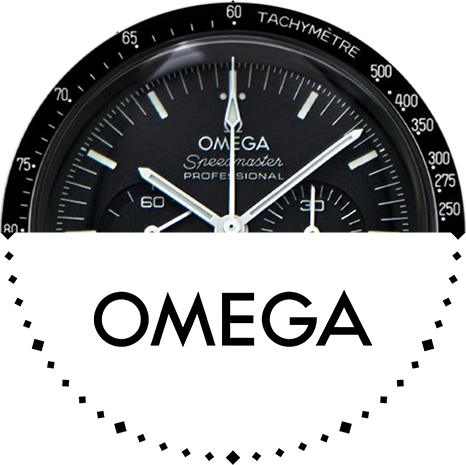

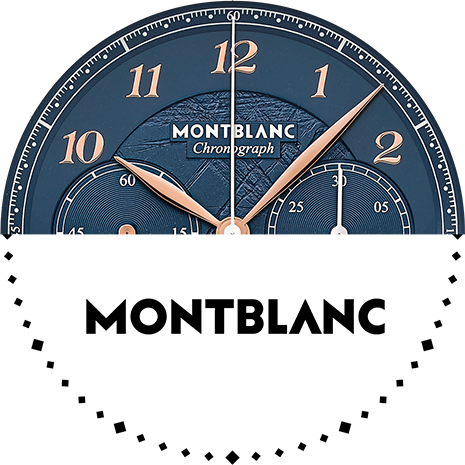
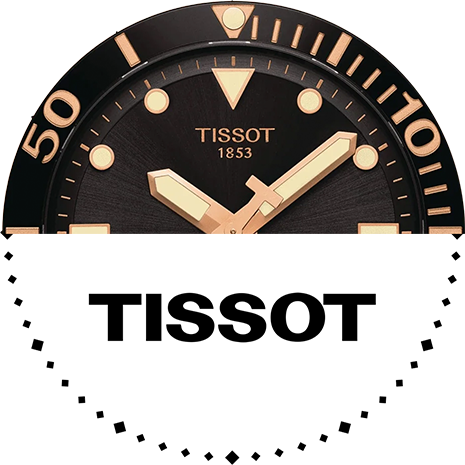
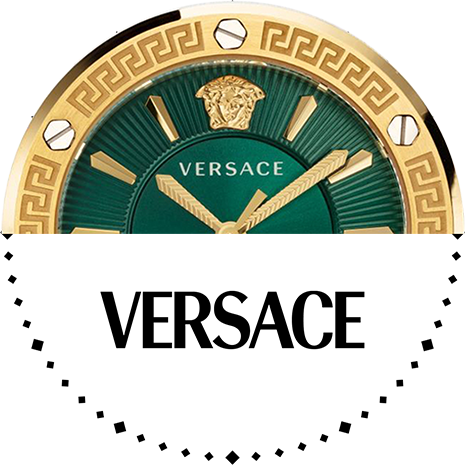
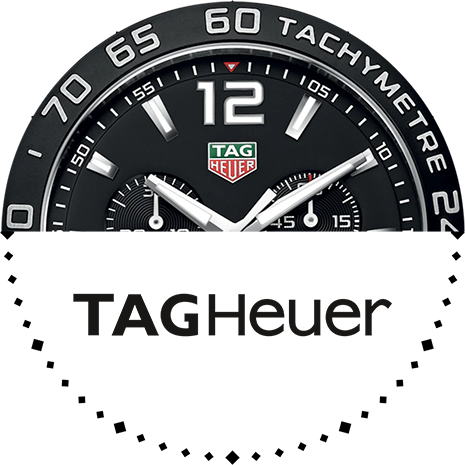











 M.G. Road, Camp India Maharashtra Pune 411001
M.G. Road, Camp India Maharashtra Pune 411001 +91 84349 30307
+91 84349 30307




FOLLOW US